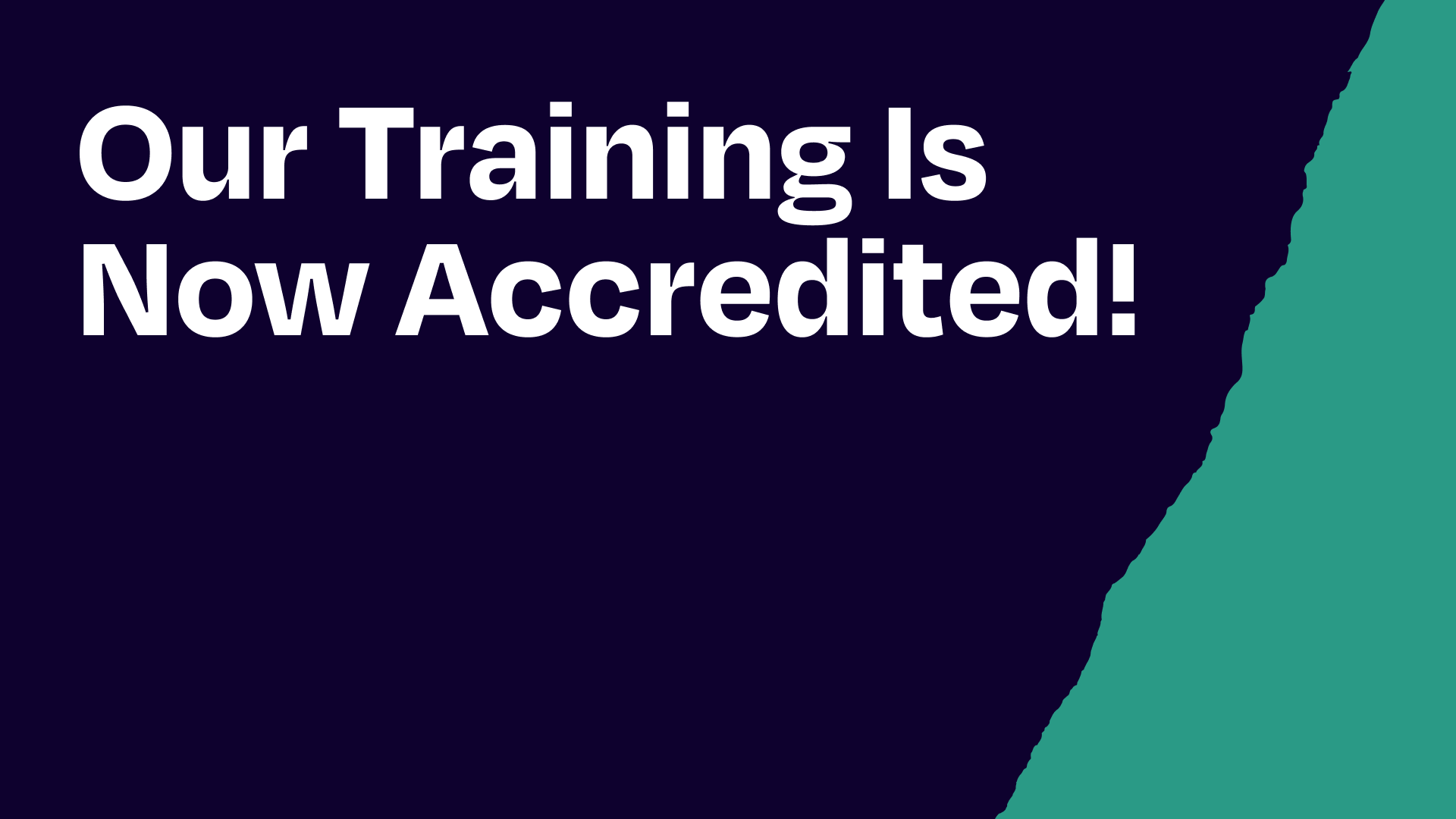Octopus Money is excited to announce that its financial coach training programme has been accredited by two professional third parties.
The London Institute of Banking and Finance (LIBF) and the Initiative for Financial Wellbeing (IFW) have both given Octopus Money their seal of approval, making it the first financial coaching programme in the UK to be externally accredited.
Caspian Paget, head of coach excellence at Octopus, calls it “a big step forward”, adding: “This is the first time a UK financial coaching programme has been accredited to these standards. The IFW and the LIBF reviewed everything – our approach, every step of our curriculum, our assessments and all of our policies.”
To become a coach with Octopus, applicants must complete a training programme, which has been developed internally by the company.
“As the leading financial coaching brand in the UK, we believe being accredited will be the start of an industry-wide standard for financial coach training,” says Shah Abbasi, head of coaching at Octopus Money.
Financial coaching requires different skills from regulated financial advice, and high standards of training are essential. Often, coaching is about changing people’s relationship with money, and tackling topics such as motivation, goal-setting and emotional spending. This is in addition to discussing how an individual can maximise and protect their money by budgeting and saving, investing and utilising pensions.
“It’s incredibly important that any financial coach you work with has gone through an accredited programme,” comments Paget.
Who are the LIBF?
Set up in 1879, the London Institute of Banking and Finance is one of the oldest training and professional bodies for financial services.
It runs numerous courses of its own, including financial education qualifications for school students, and the Certificate in Mortgage Advice and Practice (CeMAP), a widely-held qualification by mortgage advisers.
What our training looks like
The Octopus Money training programme is a unique mix of theory learning, practical learning and group learning.
First, applicants go through a formal application process. As well as background checks, there are also competency tests ranging from communication skills to financial knowledge.
Once accepted onto the programme, coaches then have to complete 150 hours of training. It’s a combination of classroom-style learning (on topics such as budgeting, savings and pensions) and practical application. The latter includes practice coaching sessions with volunteer clients, which are individually monitored by a head coach with detailed feedback provided.
Further assessments were recently added to the training, including a written assessment to test client scenarios that may not come up in practice calls.
“It’s a rigorous programme – not everyone gets into it and not everyone gets through it,” comments Paget.
A dedicated head coach team mentors the trainees. They listen to every client call: trainees complete a call, they get feedback, and then they immediately implement the feedback.
The ongoing feedback loop helps build momentum and cements the learning.
Trainee coaches become accredited by Octopus Money when they have completed the training, their practice client calls are rated “excellent” across all the standards by both a head coach and the head of financial coaching or coach excellence, and they pass a written assessment that tests their technical financial knowledge.
What qualities does a financial coach need?
As well as financial knowledge and expertise, coaches need excellent interpersonal skills. Deep, active listening is required to help clients feel safe and comfortable.
Coaches should connect financial education to clients’ personal goals so it feels relevant to them; in other words, teach them about money management and trickier subjects like pensions and tax in a personalised way.
At Octopus Money, financial coaches help clients shape their goals, and help them follow through on their intentions, such as by creating a budget or dealing with debt. Questions like “how do you want to take that forward?” and “what’s holding you back from XYZ?” encourage clients to engage and take ownership of their finances.
Coaches also help clients deal with personal blockers, such as emotional spending or actually giving them the permission to spend.
Why it’s important for training to be accredited
Having the Octopus Money training officially accredited by a professional third party is an exciting step forward for the entire financial coaching industry.
It’s important because it’s hard to deliver good coaching and there are still no set standards for the industry. Now that there are more financial coaches than ever before, it’s crucial for clients to know they can trust their coach.
Octopus is proud to be leading the way when it comes to world-class financial coach training.
Curious about whether becoming a money coach could be right for you? Take our quiz and find out!
